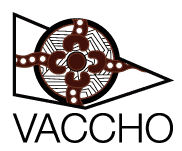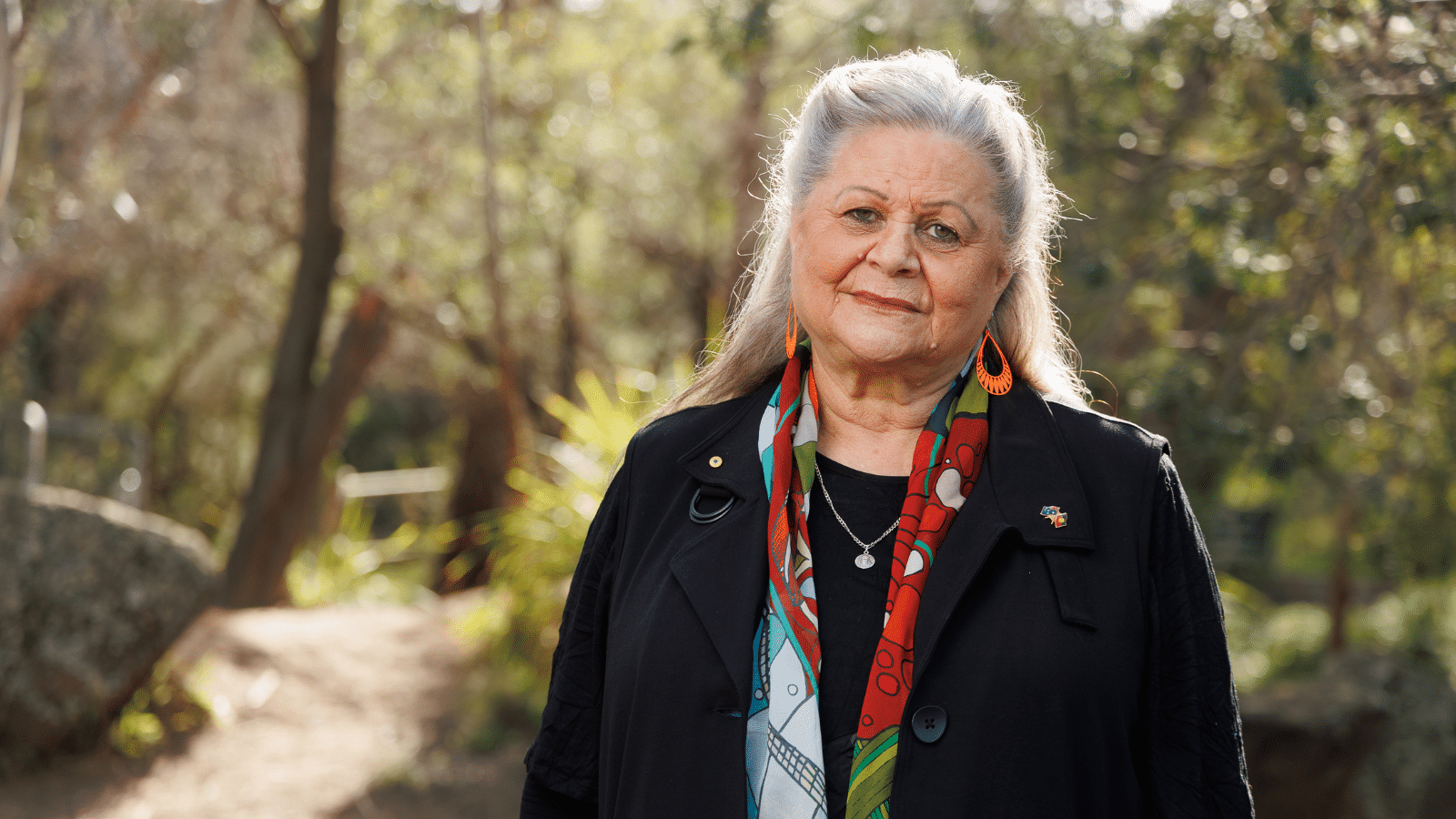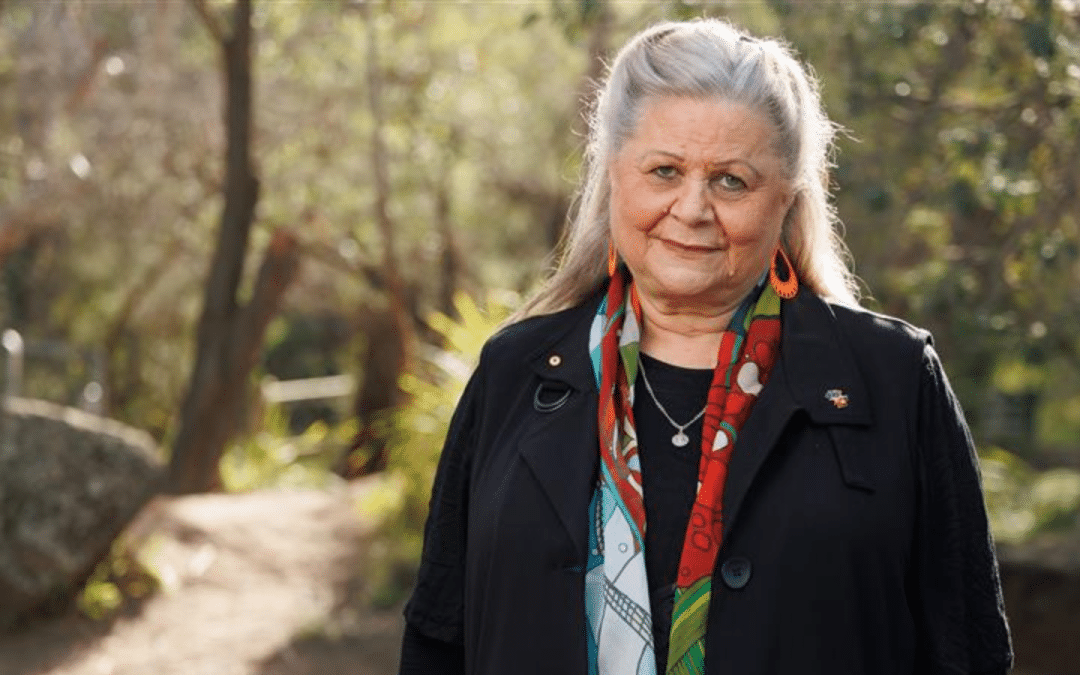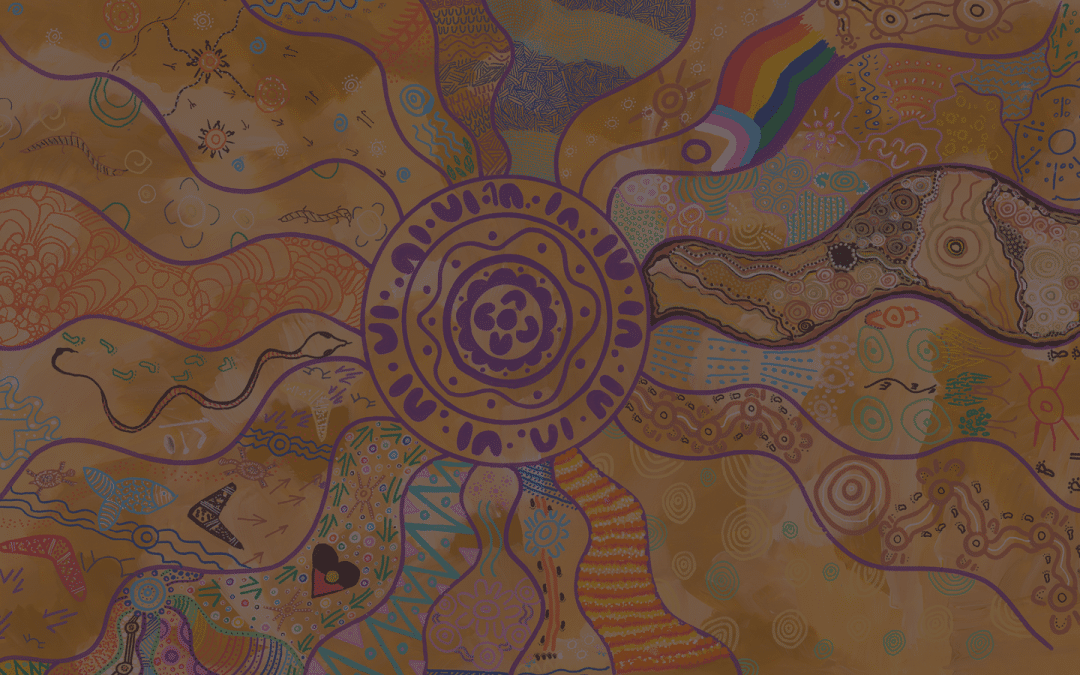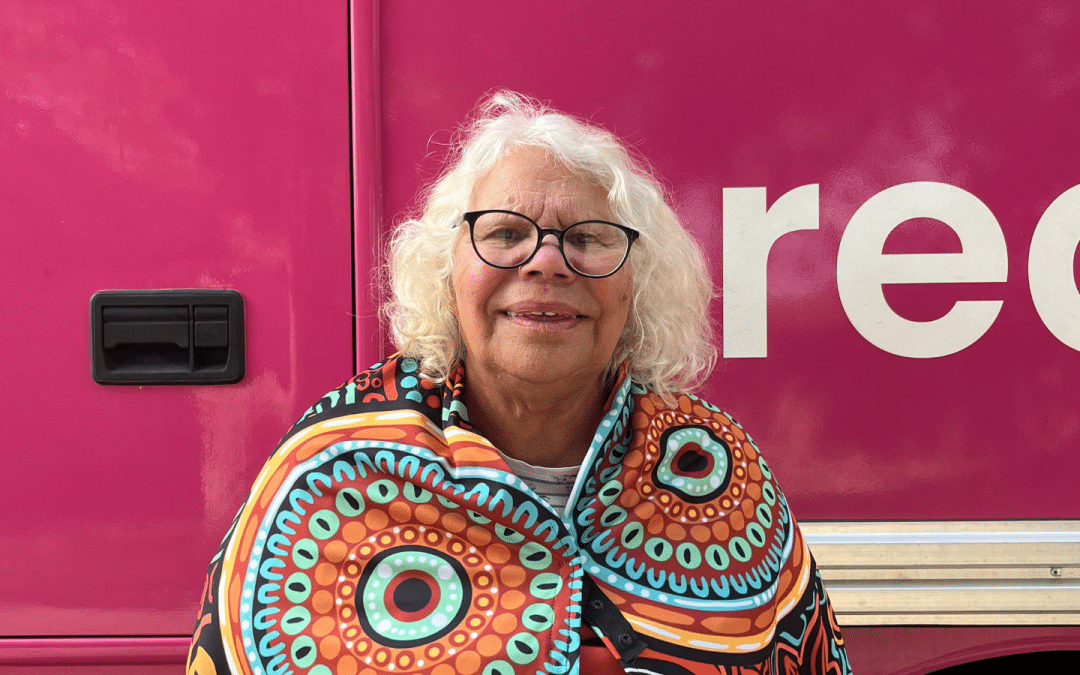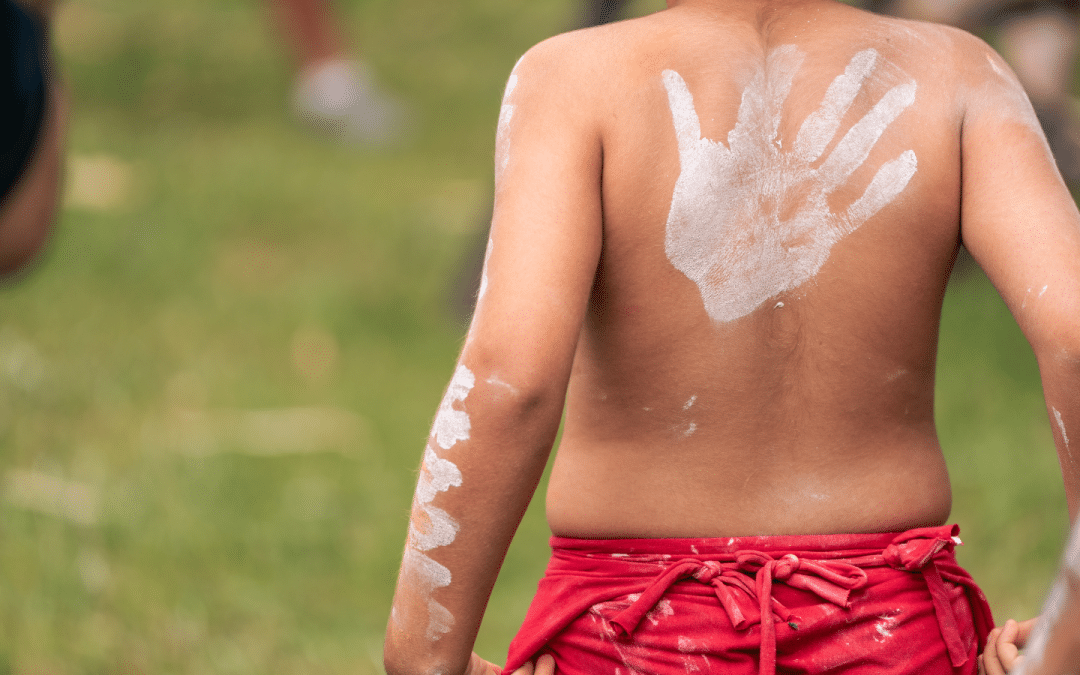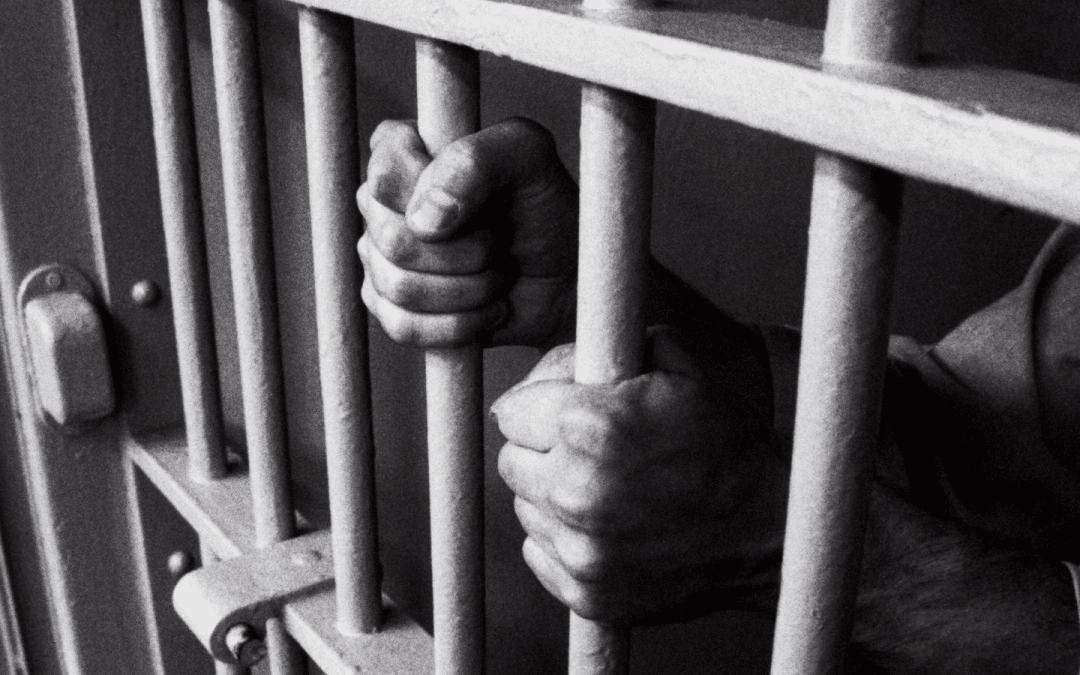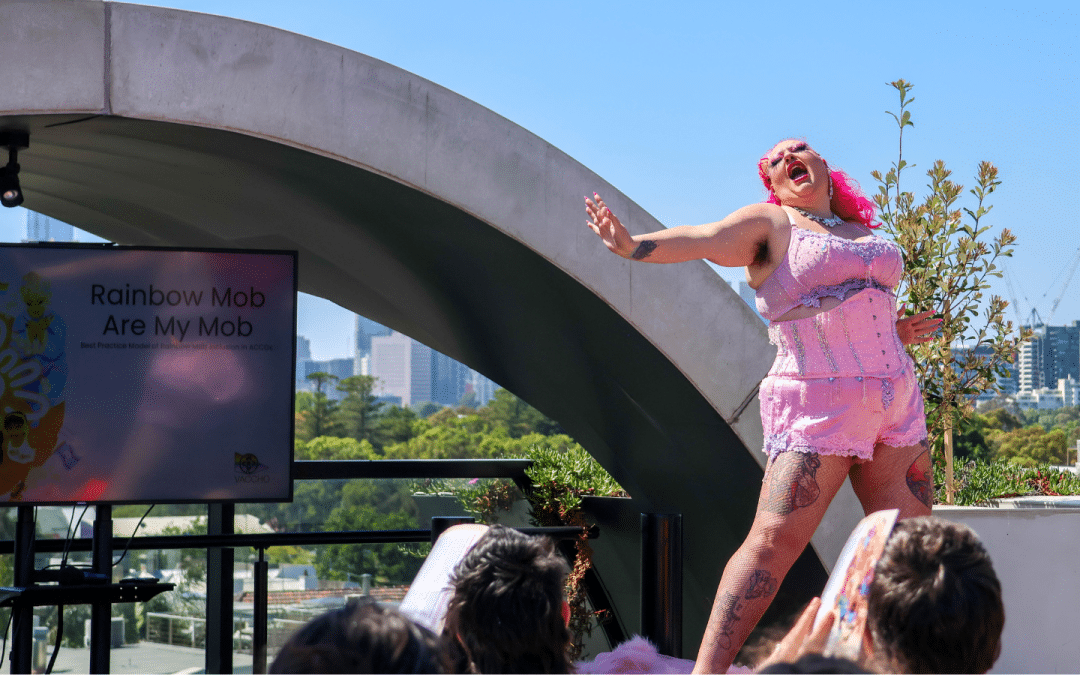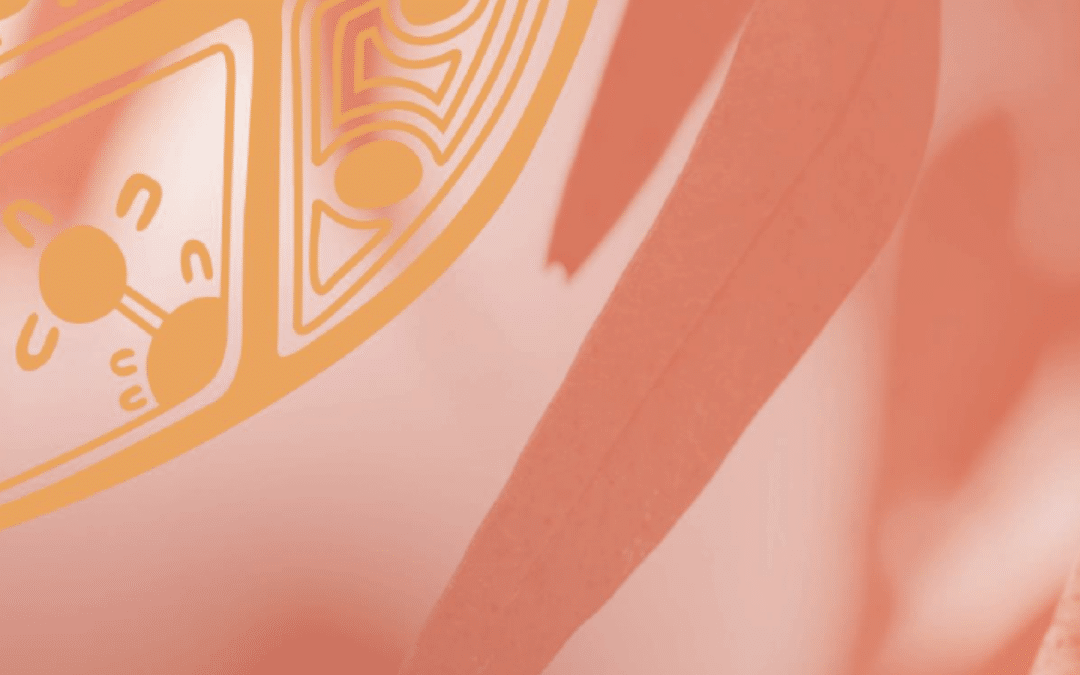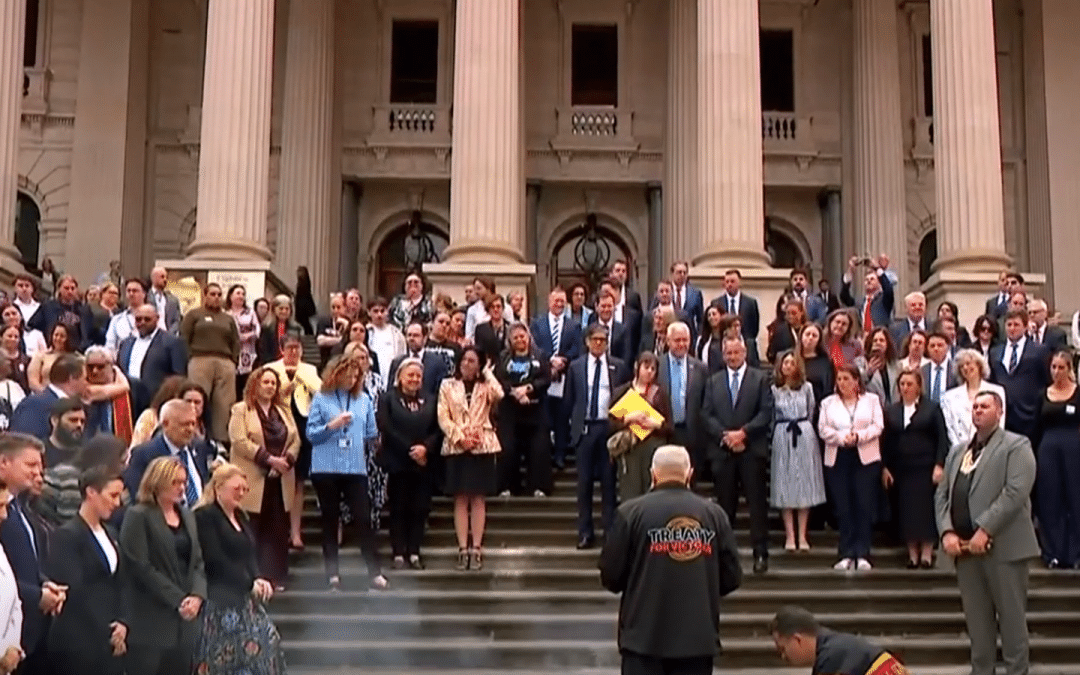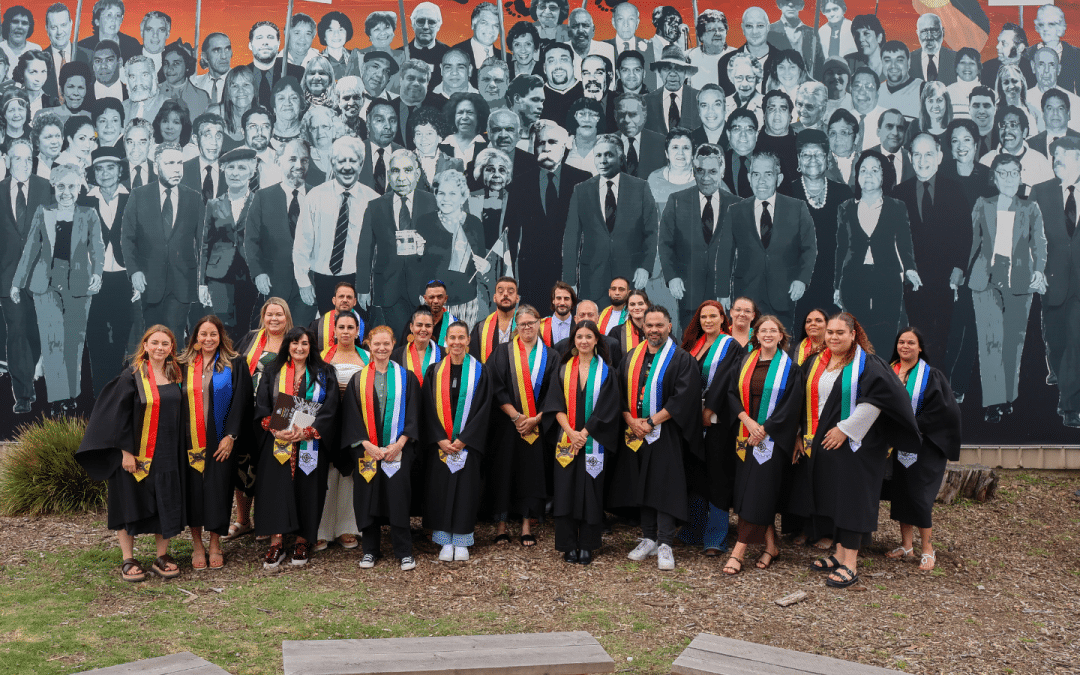WARNING: VACCHO advises Aboriginal and Torres Strait Islander people that the following contains references to those who have returned to the Dreaming.
Last Friday, VACCHO released its position statement on Strengthening Aboriginal Health Care in Custodial Settings which calls for urgent reform to the way health and wellbeing services are delivered in Victorian prisons.
Yesterday, Coroner Gerbert handed down her findings that the death of an Aboriginal woman in custody, Heather Calgaret was not only preventable, but she should never have died the way she did. The Coroner recommended that the Victorian government invest in an ACCO-led model of care for Aboriginal people in custody.
And today, the Victorian government introduced to Parliament further bail reforms which will disproportionately impact Aboriginal people and consequently put more lives at risk.
It is quite clear that the Government has no plans to keep Aboriginal people, who face racism stigma and discrimination at every point of the so called ‘justice’ system, safe while in custody.
These ‘tougher’ bail laws are beyond heart breaking for Aboriginal Communities who continue to live in constant fear for their loved ones suffering a similar fate to Heather Calgaret, Veronica Nelson and the countless other Aboriginal families facing unfathomable heartache.
The Government can no longer claim ignorance – this discriminatory legislation will cost more Aboriginal lives in custody.
Media Statement from Dr Jill Gallagher AO
